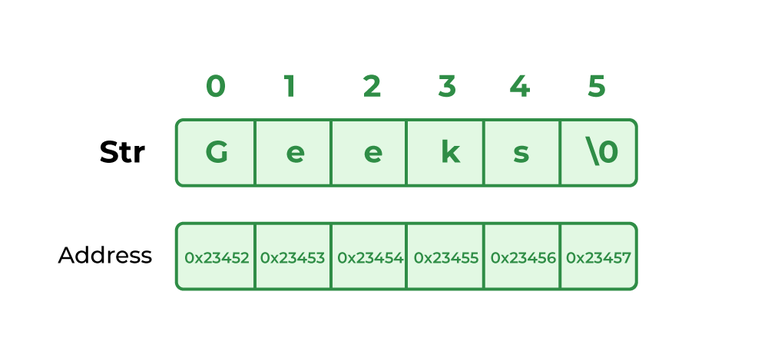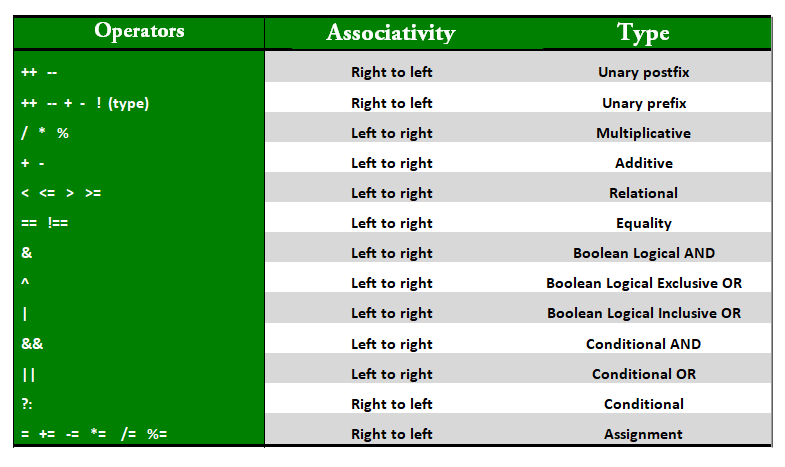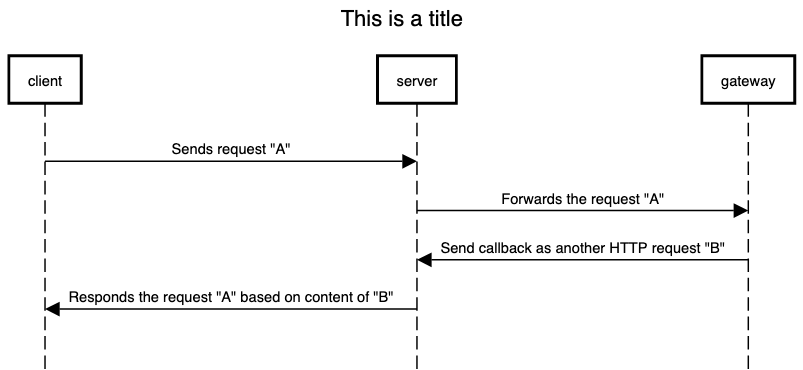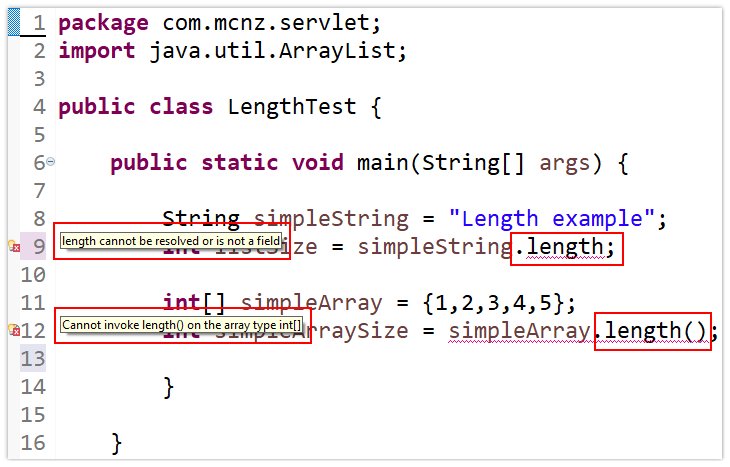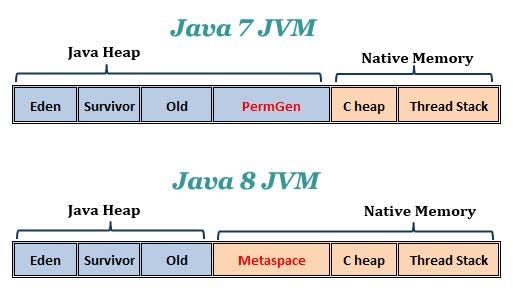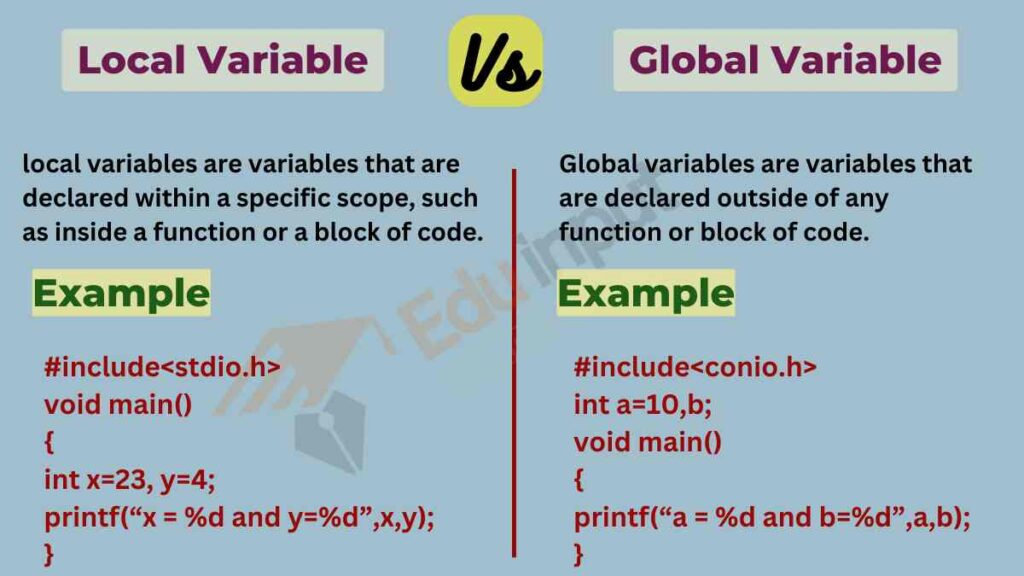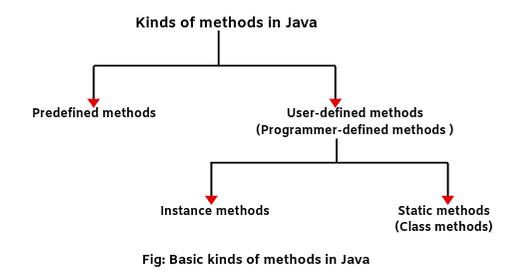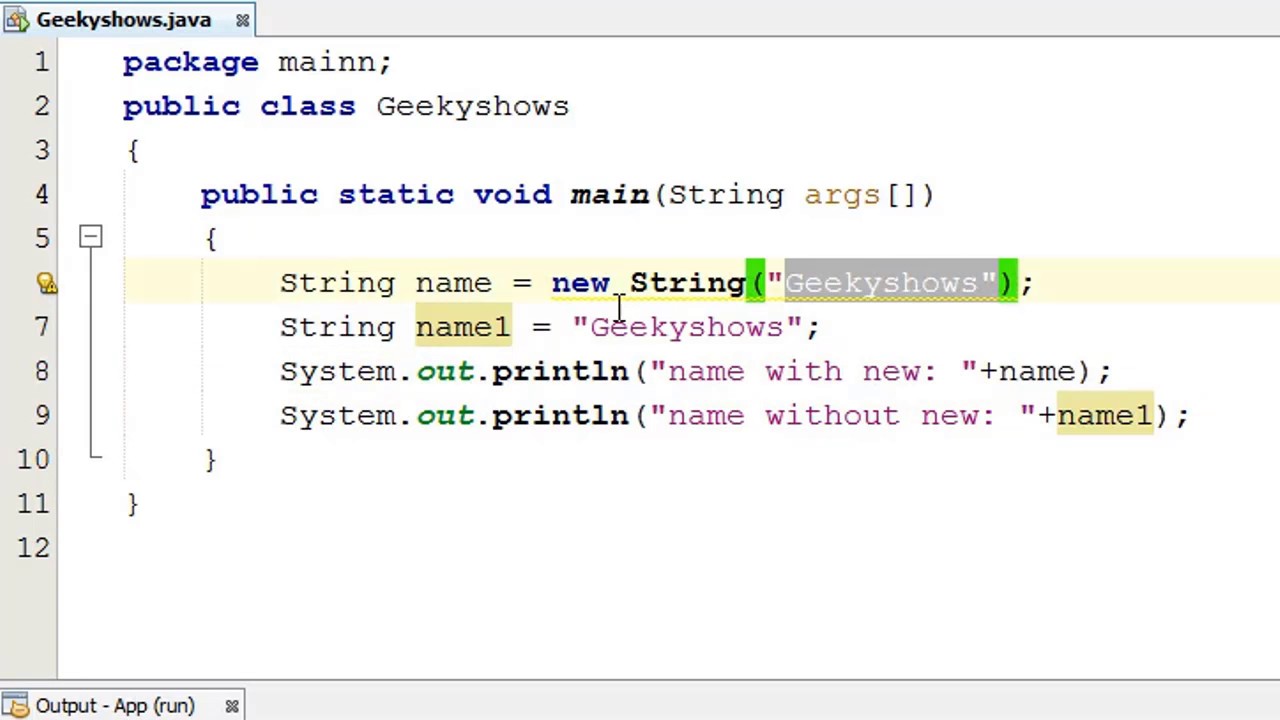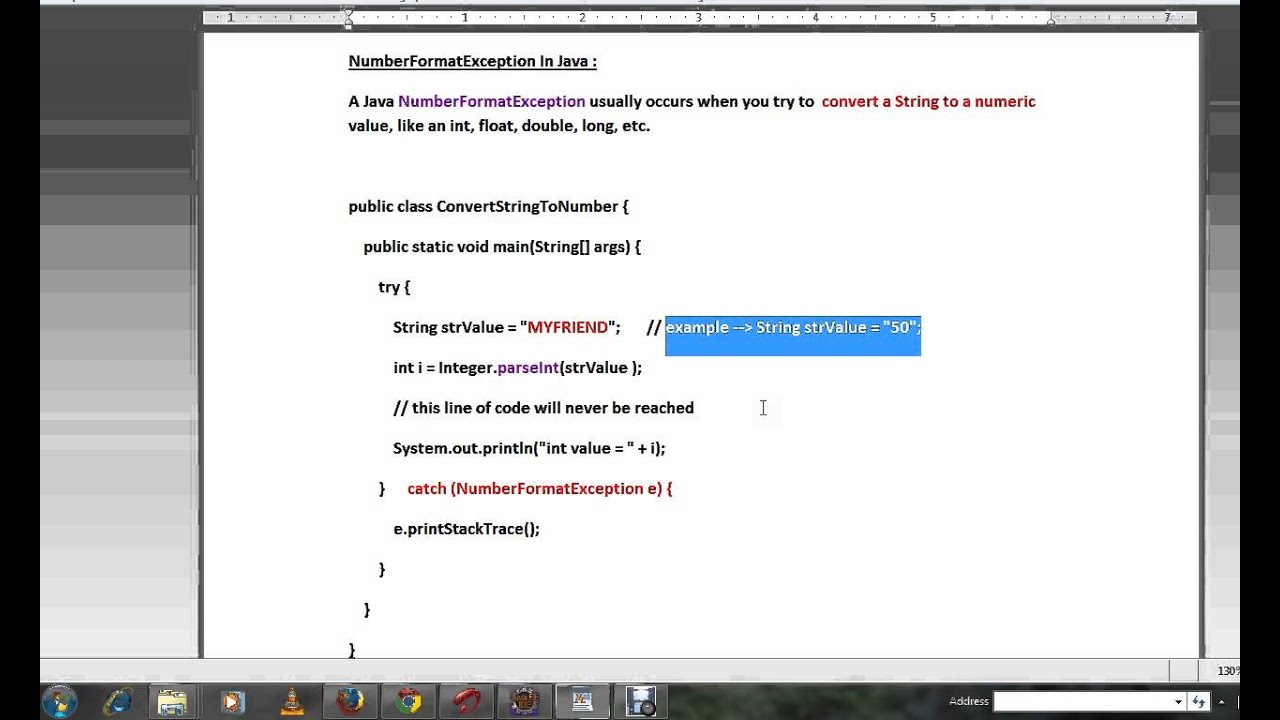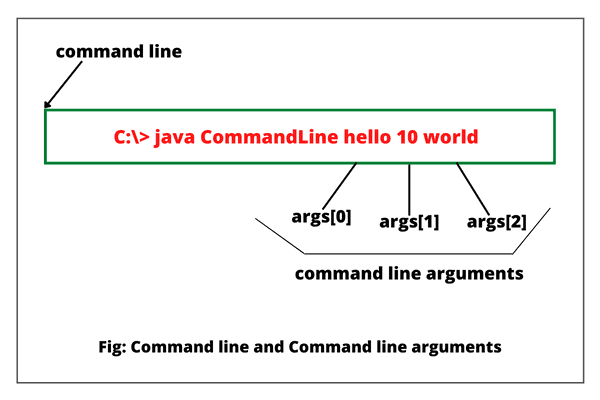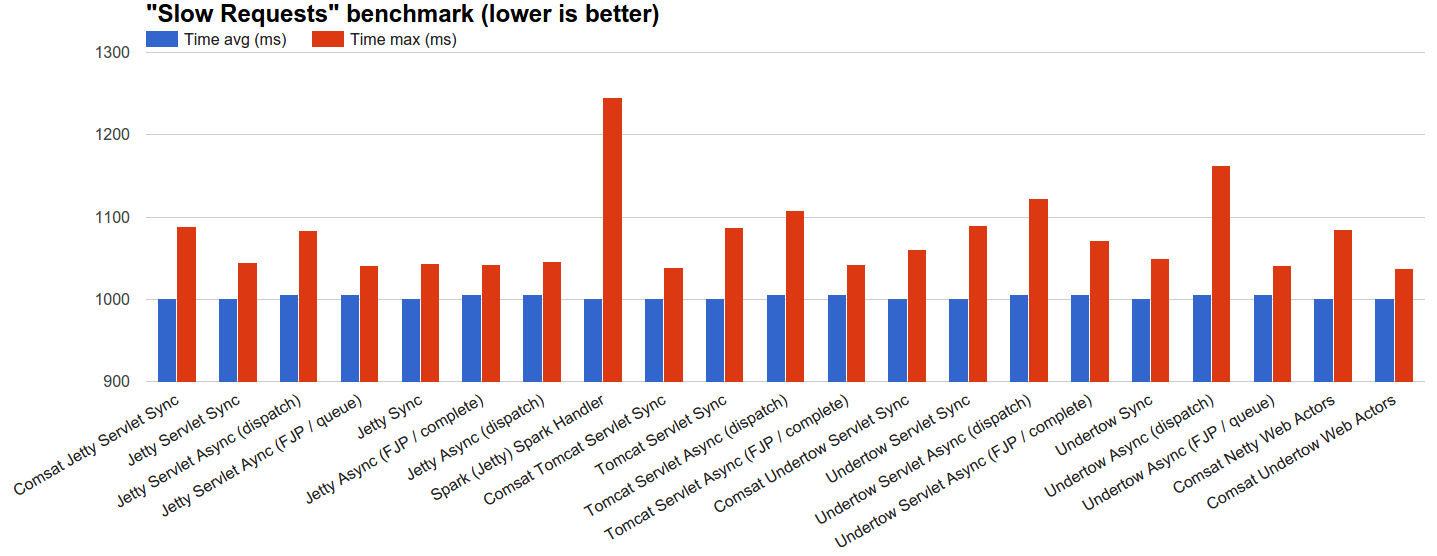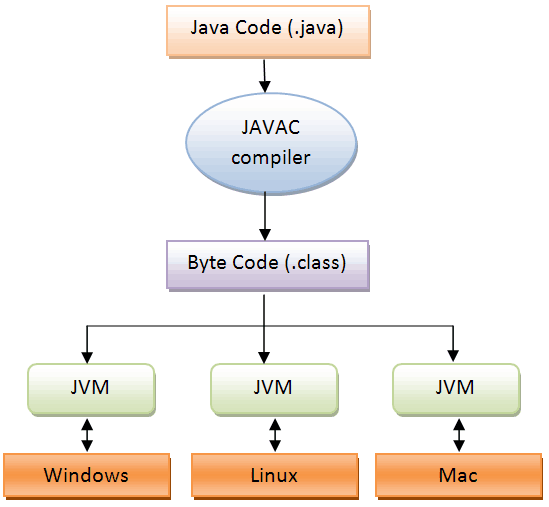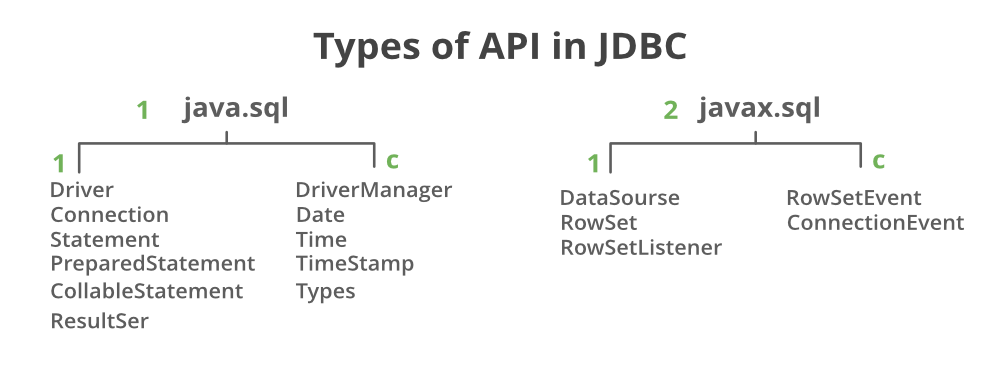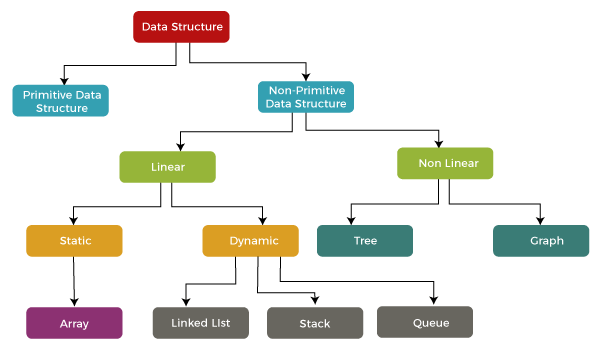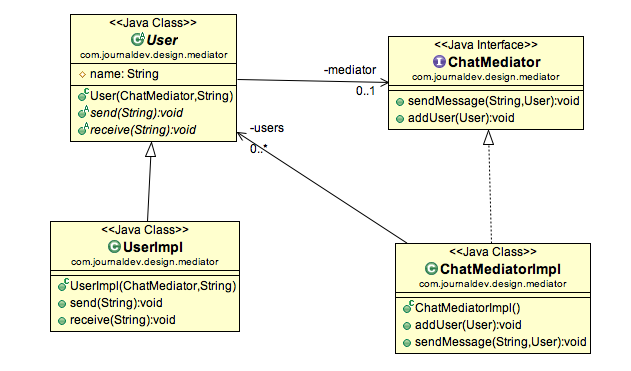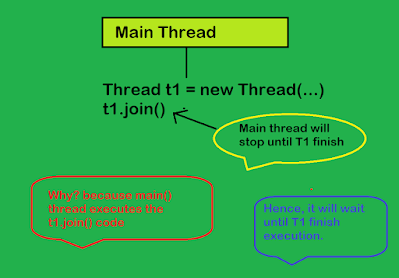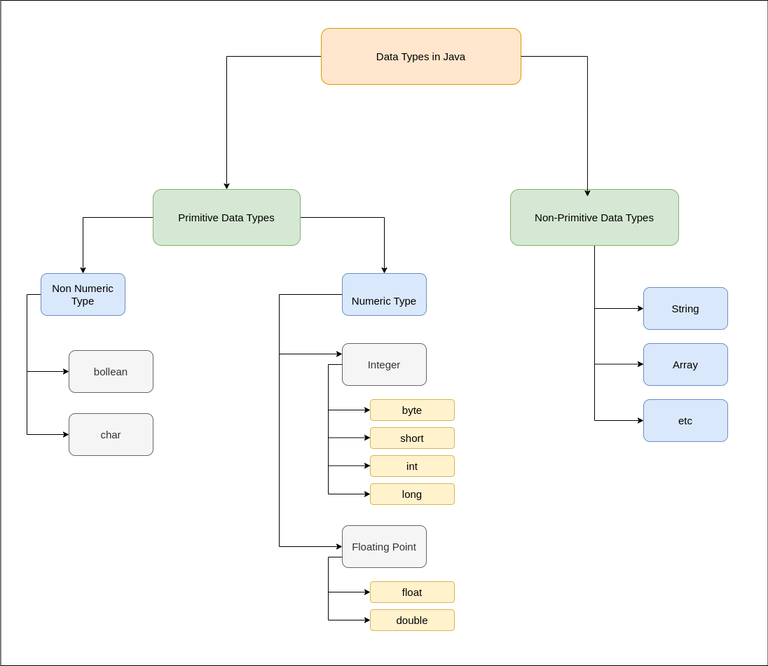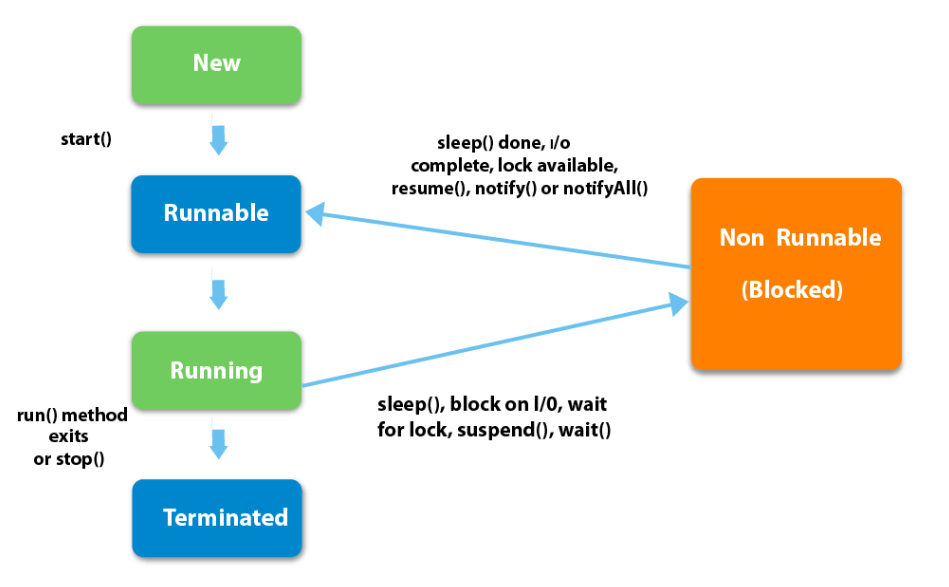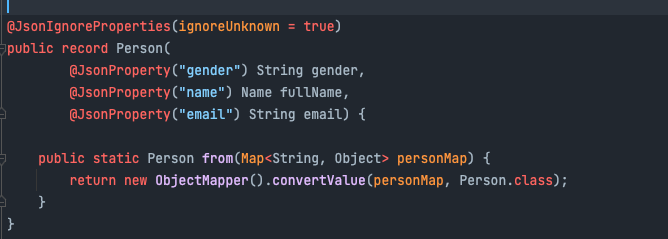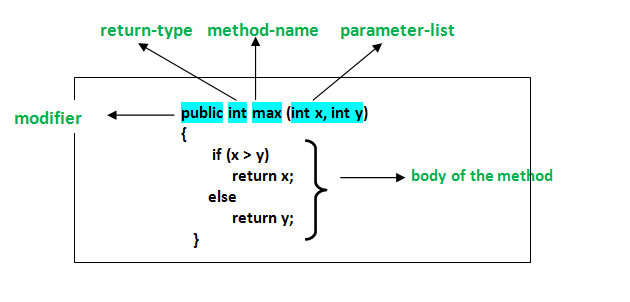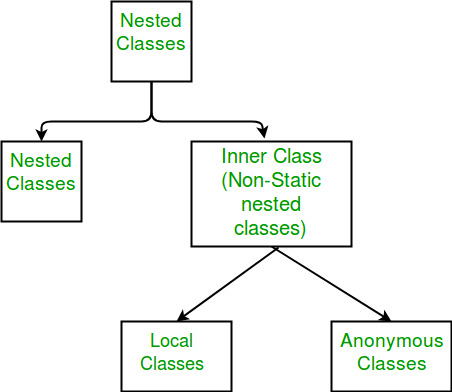Difference between global variable and instance variable in java
Difference between global variable and instance variable in java
I'll respond in English for this specific question.
In Java, variables can be either global or instance variables, which differ in their scope and accessibility.
Global Variables
Global variables are defined outside any method, class, or interface. They have a scope that spans the entire program, making them accessible from anywhere within the program. Global variables are also known as static variables or class-level variables.
Here are key characteristics of global variables:
Scope: Global variables are visible throughout the program. Accessibility: You can access and modify global variables from any part of your code. Initialization: Global variables are initialized when the program starts. Memory Allocation: Memory is allocated only once, at the beginning of the program.Example:
public class Example {public static int count = 0;
}
public class Main {
public static void main(String[] args) {
Example.count++;
System.out.println(Example.count);
}
}
In this example, count is a global variable that can be accessed and modified from the main method.
Instance Variables
Instance variables are defined inside a class but outside any method. Each instance of the class has its own copy of the instance variable, which means each object has its unique state.
Here are key characteristics of instance variables:
Scope: Instance variables have scope within the class. Accessibility: You can access and modify instance variables only through an instance of the class (i.e.,this keyword). Initialization: Instance variables are initialized when an object is created (i.e., constructor). Memory Allocation: Memory is allocated for each instance.
Example:
public class Person {private String name;
public Person(String name) {
this.name = name;
}
}
public class Main {
public static void main(String[] args) {
Person person1 = new Person("John");
System.out.println(person1.name);
Person person2 = new Person("Jane");
System.out.println(person2.name);
}
}
In this example, name is an instance variable of the Person class. Each object (person1 and person2) has its own name field.
Key Differences
To summarize:
Global Variables: Define outside any method or class, have a scope that spans the entire program, are initialized when the program starts. Instance Variables: Define inside a class but outside any method, have a scope within the class, are initialized when an object is created, and each instance has its own copy.While global variables provide a shared state across the entire program, instance variables allow individual objects to maintain their unique state. Understanding the differences between these two types of variables can help you write more effective and maintainable Java code.
Global variable and instance variable in java with example
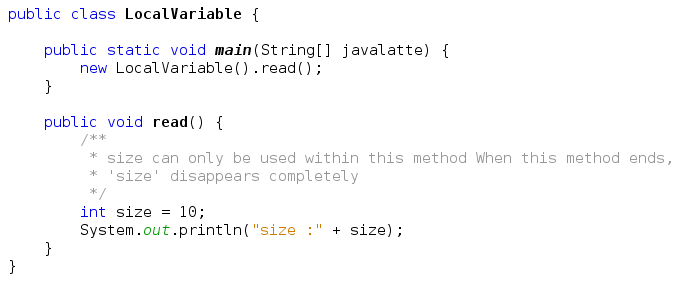
I'm happy to help! Here's a detailed explanation of global variables and instance variables in Java:
Global Variables:
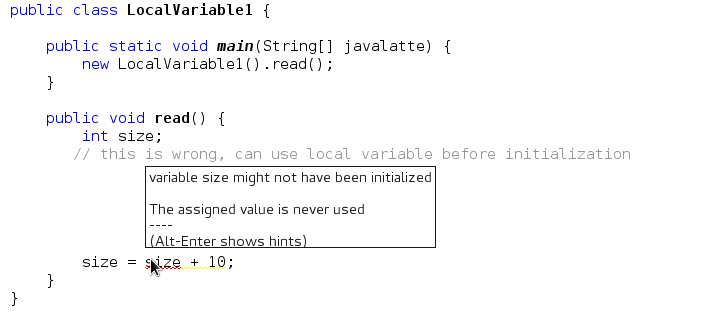
In Java, global variables are variables that are defined outside any method or block of code. They can be accessed from anywhere in the program, as long as they are declared public or have no access modifier (i.e., they are default scoped). Global variables are also known as static variables.
Here's an example:
public class GlobalVariables {public static int x = 10; // global variable
public static void main(String[] args) {
System.out.println(x); // prints 10
}
}
In this example, x is a global variable declared inside the GlobalVariables class. It can be accessed from anywhere in the program.
Instance Variables:
Instance variables, on the other hand, are variables that are defined inside a method or block of code, but outside any loop or conditional statement. They belong to a specific instance of a class and have their own value for each object created. Instance variables are also known as non-static variables.
Here's an example:
public class InstanceVariables {private int x = 10; // instance variable
public void printX() {
System.out.println(x); // prints 10
}
public static void main(String[] args) {
InstanceVariables obj1 = new InstanceVariables();
InstanceVariables obj2 = new InstanceVariables();
obj1.printX(); // prints 10
obj2.printX(); // also prints 10
obj1.x = 20;
System.out.println(obj1.x); // prints 20
System.out.println(obj2.x); // still prints 10
}
}
In this example, x is an instance variable declared inside the InstanceVariables class. Each object created from this class has its own copy of x, which can be changed independently.
Key differences:
Here are some key differences between global variables and instance variables:
Scope: Global variables have a broader scope than instance variables, as they can be accessed from anywhere in the program. Lifetime: Global variables exist for the lifetime of the program, while instance variables exist only for the lifetime of their respective objects. Accessibility: Instance variables are private to each object and cannot be accessed directly, whereas global variables can be accessed from anywhere.In summary, global variables are declared at the class level and have a broader scope, while instance variables are declared within a method or block and belong to specific instances of a class.
